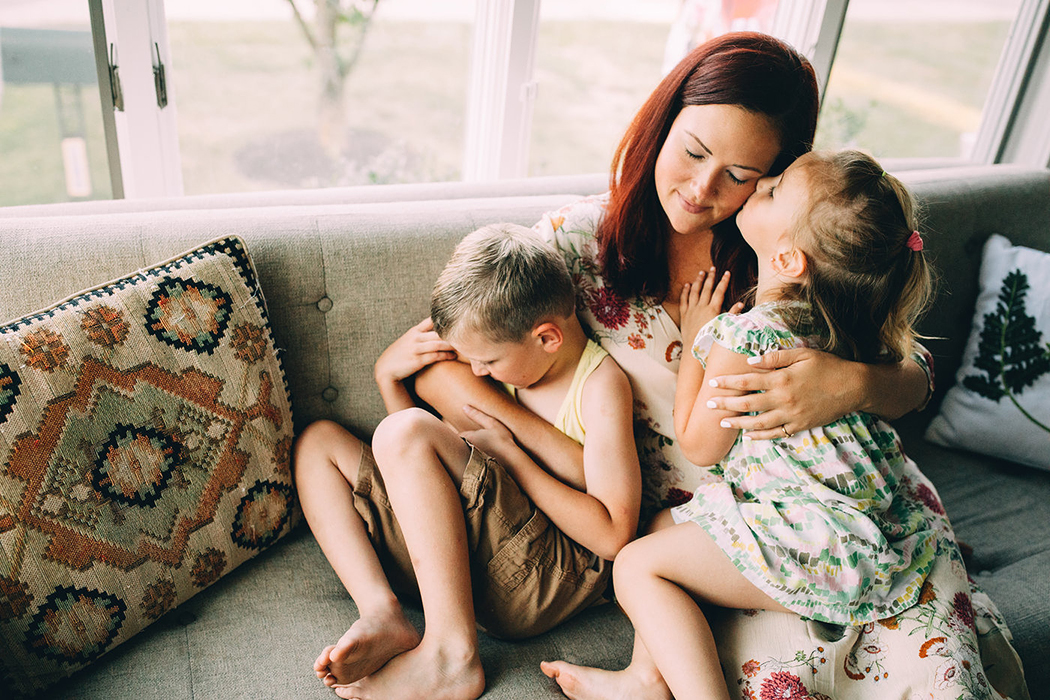
Does Your Child Have Separation Anxiety?

Every good parent wants their child to love and need them. After all, you are raising this little human, and you want them to recognize what you do for them. But is it possible they need you too much? What does separation anxiety look like? In this article, you will learn how to know if your child has separation anxiety and the symptoms to look out for.
What is Separation Anxiety?
Separation anxiety is a form of anxiety that is very common in infants and toddlers. According to the Mayo Clinic, most children grow out of their separation anxiety around three years old. However, some children never grow out of it. Additionally, some adults struggle with separation anxiety towards their kids, and even their spouses.
The most common symptoms of separation anxiety are:
- Excessive worry about what happens when the other person is gone
- Refusing to be separated from the person they are attached to
- Nightmares about being separated
- Complaints about an illness to avoid being separated
- Distress during separation that takes several minutes or hours to surpass
- Not wanting to be home alone, despite being of an appropriate age to do so
Although separation anxiety is common, there is also something called separation anxiety disorder. This disorder is a more severe and prolonged version of separation anxiety. It can last several years and your child won’t grow out of it. Furthermore, it can lead to other anxiety disorders in adulthood if not treated correctly. So, it’s important to watch for disorderly behavior in your child.
Seeing a Counselor for Your Child’s Separation Anxiety
If your child has separation anxiety, there is a high chance they will grow out of it naturally. They will realize that nothing bad happens when they are dropped off at daycare or school. As mentioned above, the Mayo Clinic reports this happens around three years old. However, your child may be four or five when they do. So, don’t panic if your child doesn’t grow out of it as quickly as others.
Some common scenarios of separation anxiety, and not separation anxiety disorder, are the first day of preschool, kindergarten, or childcare. In these situations, it’s perfectly understandable that your child is anxious. You are a loving caretaker, and they are being passed off to complete strangers. This is especially scary when they are too young to communicate their anxiety to you or their teacher. So, do try to keep in mind that your child’s behavior is a normal reaction.
Separation Anxiety, or Separation Anxiety Disorder?
If your child is entering first or second grade and they still have severe separation anxiety, you need to get them a counselor. By this time, there is a larger chance they have a diagnosable disorder. If not treated properly, your child may have other anxiety disorders in the future. So, it is highly important to schedule an appointment with a mental health professional for your child’s anxiety disorder. If not treated properly, your child may have other anxiety disorders in the future.
One way to know if your child, or yourself for that matter, has separation anxiety is to take an online test. This one from Mind Diagnostics is a great way to get an idea of what your child is dealing with: https://www.mind-diagnostics.org/separation-anxiety-test. Depending on the results from that quiz, you should know whether or not to take your child to counseling for their behavior.
It’s also important to note that your child may not have separation anxiety disorder at all, but there’s something else going on. Maybe they don’t like their teacher, so they get upset when you drop them off. Or, maybe they don’t enjoy the sport they’re playing, so they get irritable when practice time rolls around. Keep in mind the other emotions they could be facing.
Getting Help for Separation Anxiety
No matter the severity of your child’s separation anxiety, you may struggle with it as a parent. So, getting help for it is a great idea. When in doubt, a counselor can give you some tools to ease your child’s anxiety while they grow out of it. They can also provide you with emotional support if you are struggling with watching your child deal with anxiety. In the meantime, try to look to the future and wait for the day they grow out of their separation anxiety.
